 Ahmedabad, Gujarat, India
Ahmedabad, Gujarat, India
 Ahmedabad, Gujarat, India
Ahmedabad, Gujarat, India
Organic Little Millets
Product Details:
- Product Type Maize (corn) Pearl Millet
- Cultivation Type Organic
- Style Dried
- Color Brown
- Size Standard
- Purity 95 %
- Click to View more
Organic Little Millets Price And Quantity
- 99.0 INR/Kilograms
- 25 Kilograms
Organic Little Millets Product Specifications
- Dried
- Brown
- 95 %
- Standard
- Maize (corn) Pearl Millet
- Organic
Organic Little Millets Trade Information
- Cash in Advance (CID)
- 1000 Kilograms Per Day
- 1 Week
- No
- Free samples are available
- 25Kg HDPE Bags for bulk supply It is available in our retail packing of 500gms to 1kg.
- Asia
- All India
- NPOP,(USDA,NOP) .India Organic,Jaivik bharti ,organic Certified
Product Description
-
Certification: Look for products that have been certified as organic by reputable certification bodies. Depending on your location, certification might be provided by organizations such as the USDA Organic, Ecocert, or local certification bodies. Check for organic certification labels on the packaging.
-
Packaging Information: Examine the product packaging for clear labels indicating its organic status. Legitimate organic products typically display certification logos prominently. The packaging may also provide information about the origin of the little millet and details about the processing methods.
-
Local and Trusted Brands: Opt for little millet from reputable brands or suppliers known for their commitment to organic farming practices. Smaller-scale farmers may follow organic methods even if they don't have formal certification, so consider exploring local sources as well.
-
Online Retailers: Reputable online platforms specializing in organic products or health foods often carry organic little millets. Look for products sourced from certified organic producers, and check customer reviews for feedback on quality and authenticity.
-
Read Reviews: Before making a purchase, read customer reviews to gain insights into the quality and taste of the organic little millets you are considering.
-
Bulk Purchase: If you use little millet regularly, consider buying in bulk. Bulk purchases can be more cost-effective and reduce packaging waste.
-
Storage: Store organic little millets in a cool, dry place to maintain its quality. Ensure that the storage containers or bags are airtight to prevent moisture and pests.
-
Country of Origin: Some consumers may have preferences regarding the country of origin for their food products. Check the packaging for information on the country of origin if this is important to you.Organic Sesame Seeds

Price:
- 50
- 100
- 200
- 250
- 500
- 1000+

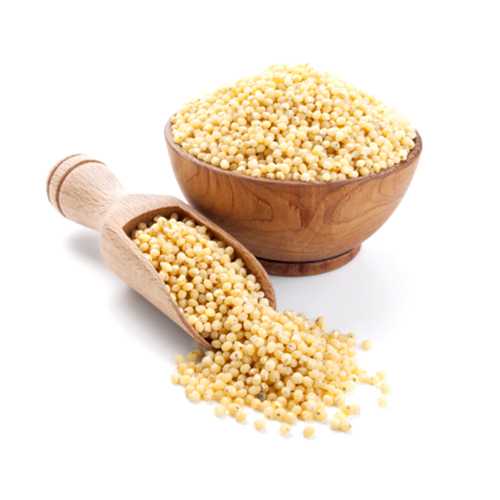
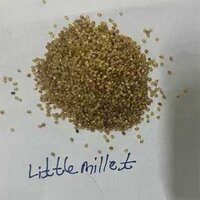


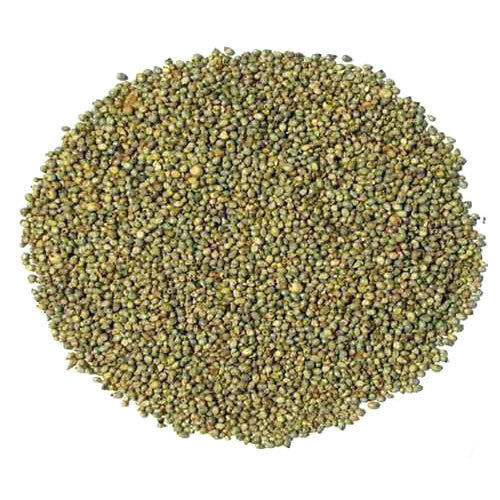
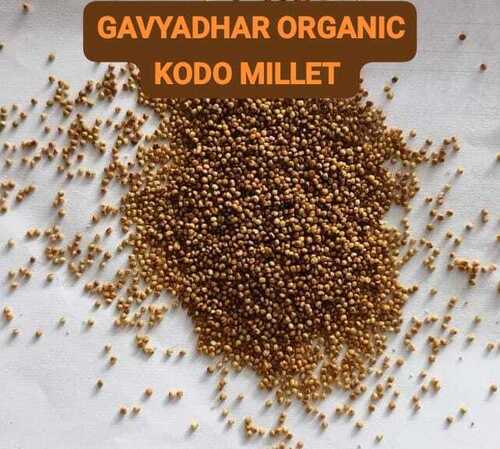
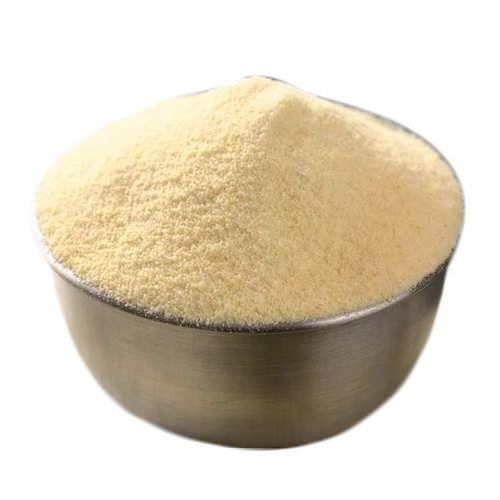
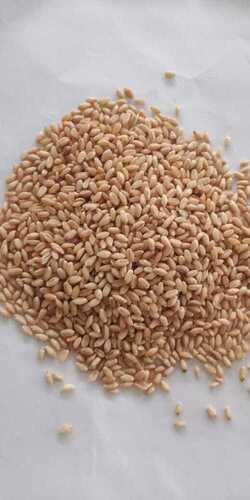
 Call Me Free
Call Me Free
